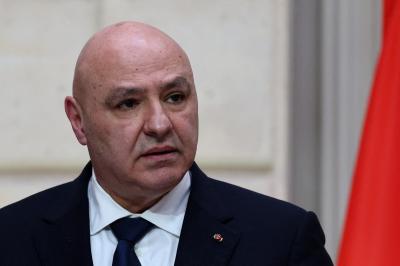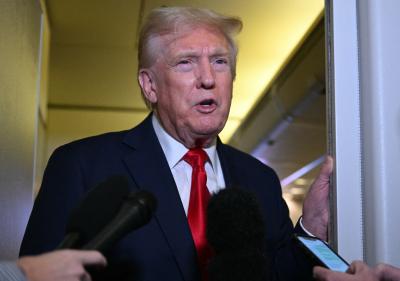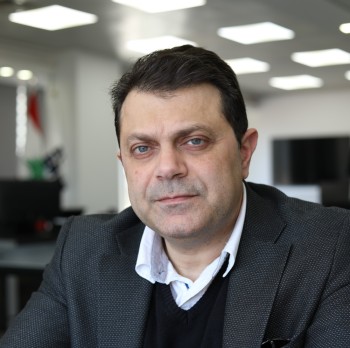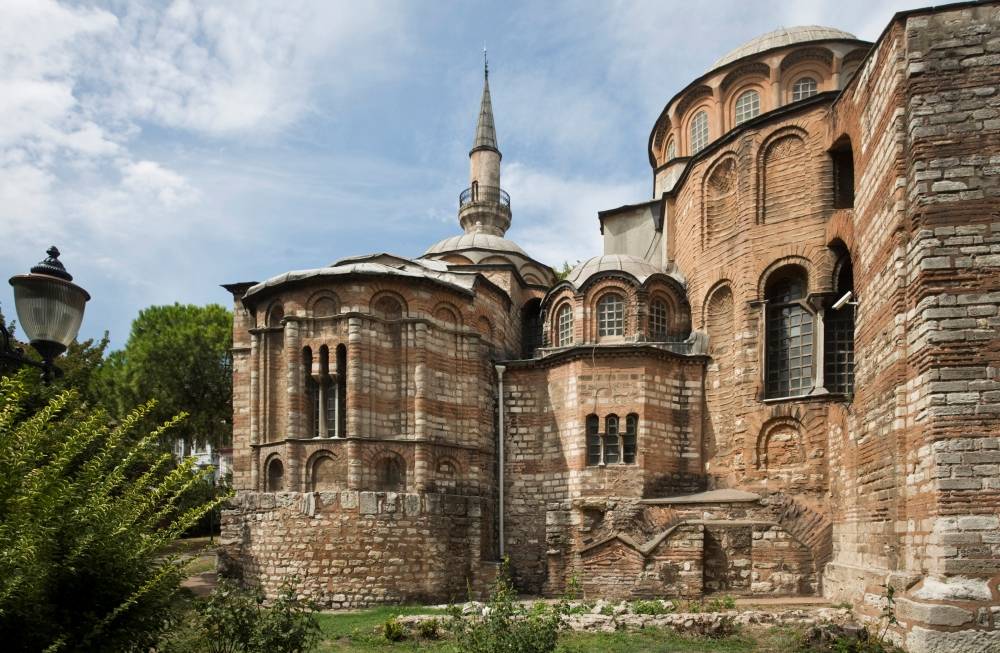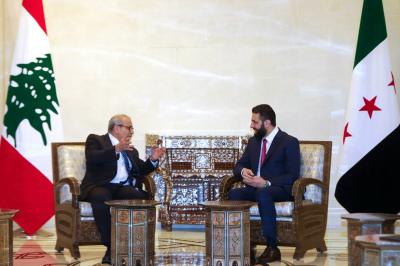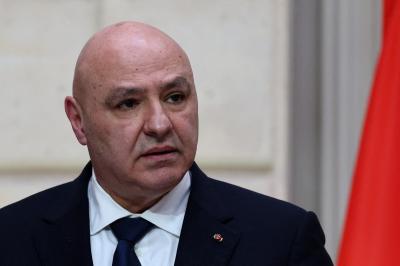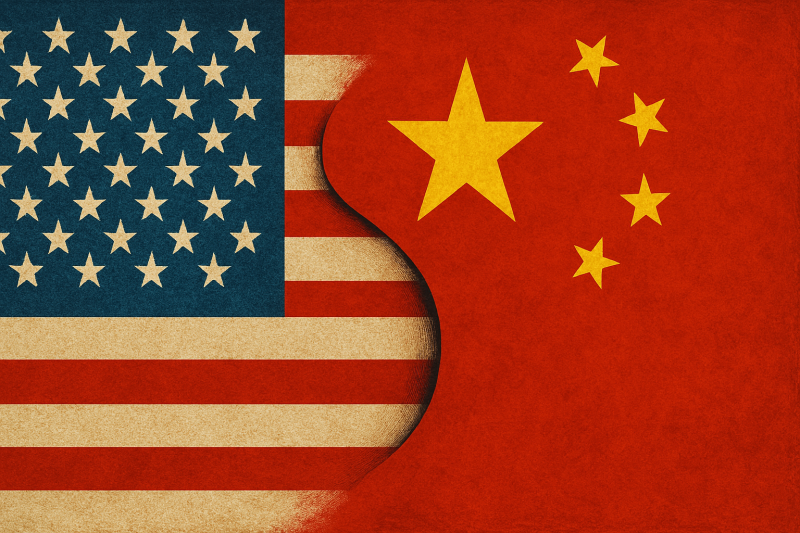In a move that raised many questions, Turkish President Recep Tayyip Erdoğan issued a decree converting the historic "Chora" church into a mosque. Last week, Turkish authorities opened the church, one of the most famous Byzantine buildings in Istanbul, to Muslim worshippers after it had been converted into a museum more than seventy years ago, marking the second such event. Previously, Erdoğan, who portrays himself as an Islamic hero and caliph, had converted the famous Hagia Sophia church into a mosque, eighty years after the republicans had turned it into a museum.
Despite Western criticisms that consider this Turkish move deepens religious divides, Erdoğan insisted on his decision, rejecting Western criticisms as interference in Turkish affairs and an attempt to prevent him from protecting the rights of Muslims. The Chora church dates back to the fourth century and contains ancient historical icons and mosaics. The Ottomans had converted it into a mosque in 1511, and it remained so until it was turned into a museum under the secular Republican People's Party regime in 1945, continuing as such until it was re-declared a mosque last Monday. The church's outer halls have been preserved as a museum, where visitors can view the precious mosaics spread across the ceiling unobstructed, while curtains hide the mosaics in the building's prayer section, in accordance with Islamic traditions.
However, why did Erdoğan convert this church into a mosque, when there is no urgent need for mosques in the area due to the abundance of nearby mosques? The answer lies in the economic crisis that is shaking Turkey and has led to a decline in the popularity of Erdoğan and his party, the Justice and Development Party, ultimately contributing to their loss of a large number of municipalities, including those of Ankara and Istanbul. It is estimated that the average inflation in the country will reach 66% throughout 2024, according to September forecasts by the Turkish Economic Policy Research Institute, which is considered one of the highest inflation rates in the world.
Erdoğan insisted on his decision, rejecting Western criticisms as interference in Turkish affairs
Turkey also issued US dollar bonds in 2023 to finance its growing debt, issuing bonds worth $2.5 billion. Concurrently, the Turkish central bank raised interest rates from 8.5% to 45%, a precedent that had only occurred in Lebanon during the 1990s under the government of President Rafic Hariri. Thus, what Erdoğan did is a populist demagogic step aimed at satisfying the religious Turkish public and diverting their attention from his worsening economic crisis.
But some observers add another reason, which is Erdoğan's attempt to blackmail Europeans through this move. The Turkish president, who was disappointed by his project for a new Ottoman era aiming to play a dominant role in the Arab region, returned to traditional policies adopted by the Turkish secularists for eight decades, which aimed to integrate Turkey into the Western world and join the European Union, which European states do not favor. Erdoğan recently reiterated Turkey's desire to join the European Union, considering it a priority for Ankara. However, the Europeans confronted him with reluctance. Thus, many observers consider Erdoğan's move to convert the church into a mosque as provocative to Europe and an attempt to extort aid and investments to support the Turkish economy, opening the door to broader areas of cooperation between Ankara and Brussels.
These developments occur at a time when the Turkish economy has been experiencing a steady decline for a decade. The US dollar reached a high level against the Turkish lira, reaching 30 liras per one dollar, whereas in October 2010, the dollar was worth 1.12 lira. Due to economic liberalization policies and foreign borrowing at high interest rates, Turkey experienced rapid inflation and a rapid deterioration in the current account and budget deficits.
It is worth noting that Turkey is an industrial country with a diversified industrial base and a nominal gross domestic product that exceeded $1.1 trillion in 2023, ranking 17th among nations. However, its economic relations are primarily with the European Union, while the seven major industrial nations represent 53% of the total Turkish industrial output. The balance of payments crisis in an industry-based economy is more damaging than in a resource-based economy. In Turkey's case, the country's ability to have hard currency at the start of the production cycle is required to be able to pay for imports. Failure to purchase imports or repay debts can lead to massive unemployment and rampant inflation.
Thus, Erdoğan needs to improve the performance of the Turkish economy to face a series of political deadlines, notably absorbing the shock caused by his defeat in the municipal elections in March 2024, especially as he prepares for the end of his presidential term in 2028 and his need to amend the constitution to be able to run for a new presidential term. For this reason, he needs to achieve a clear victory with a substantial majority in the upcoming legislative elections to achieve his goals.
At the same time, Erdoğan cannot do without his relations with the European Union, especially since maintaining these relations as a strategic priority for Turkey can enhance positive economic prospects.
From this standpoint, Erdoğan's move to convert the historic Chora church into a mosque primarily aimed to galvanize the Islamic nerve among the religious Turkish public to regain his popularity on the one hand, and to blackmail Europeans on the other, in order to attract aid and investments to improve the performance of the Turkish economy.
 French
French



